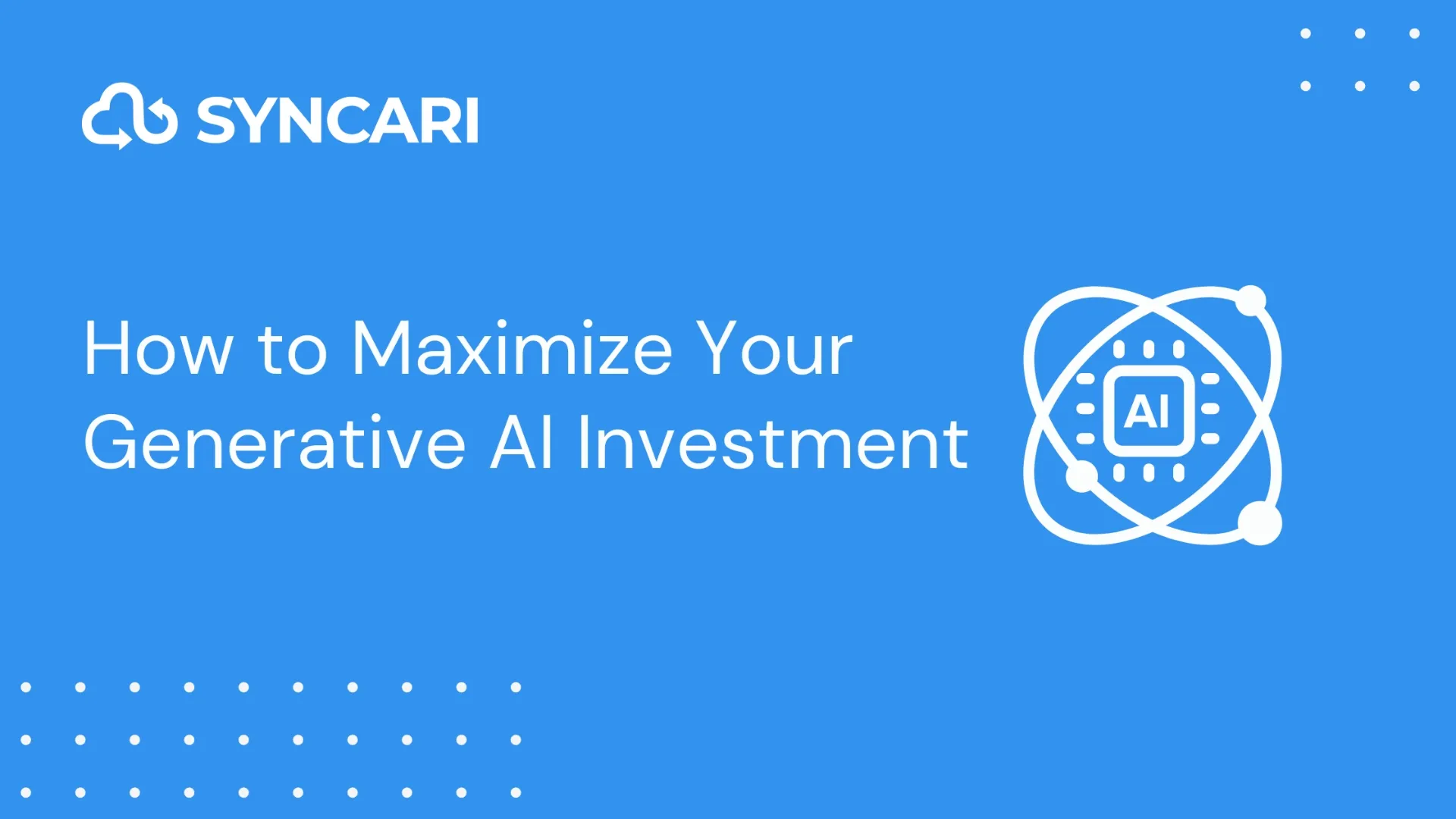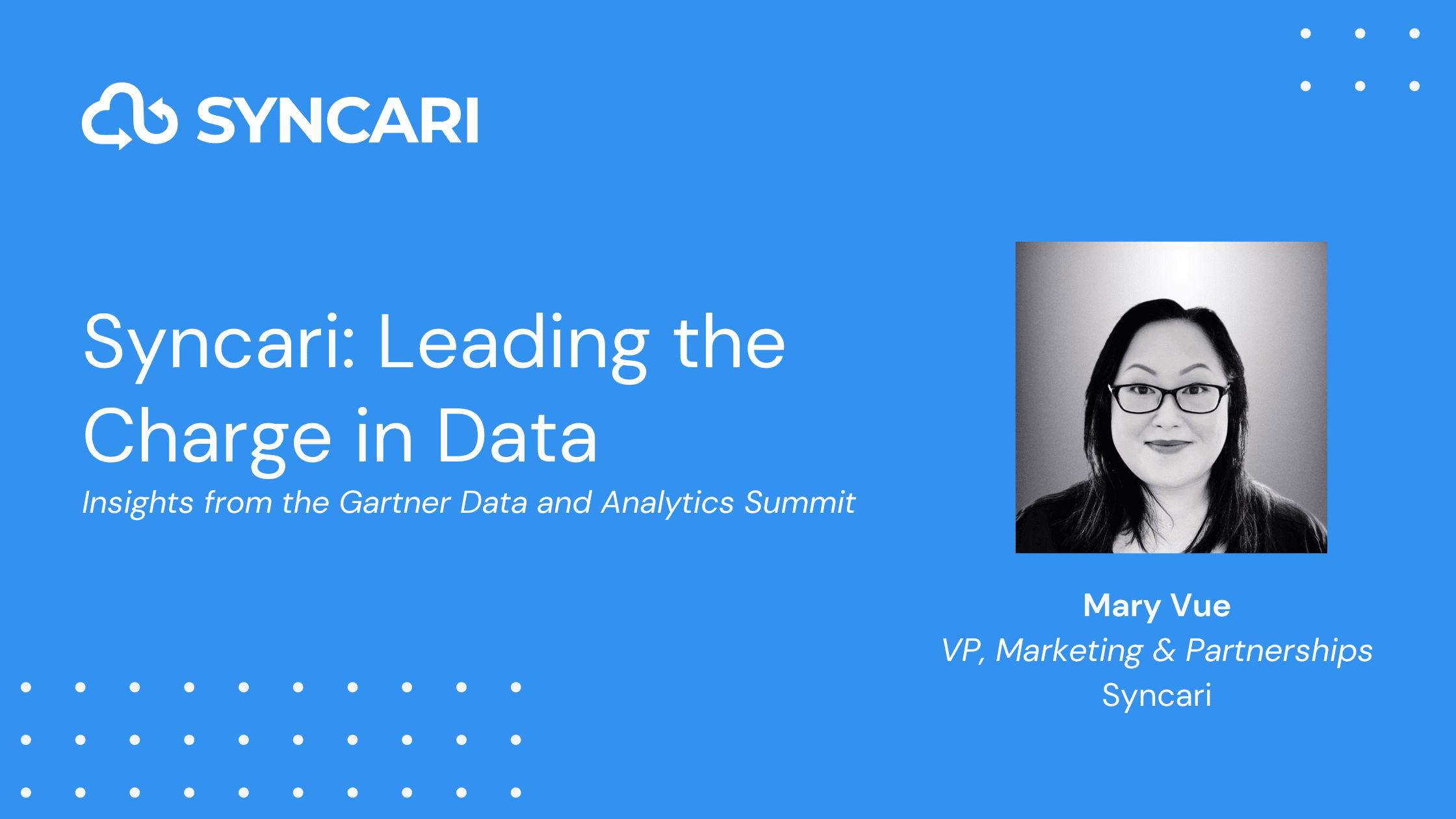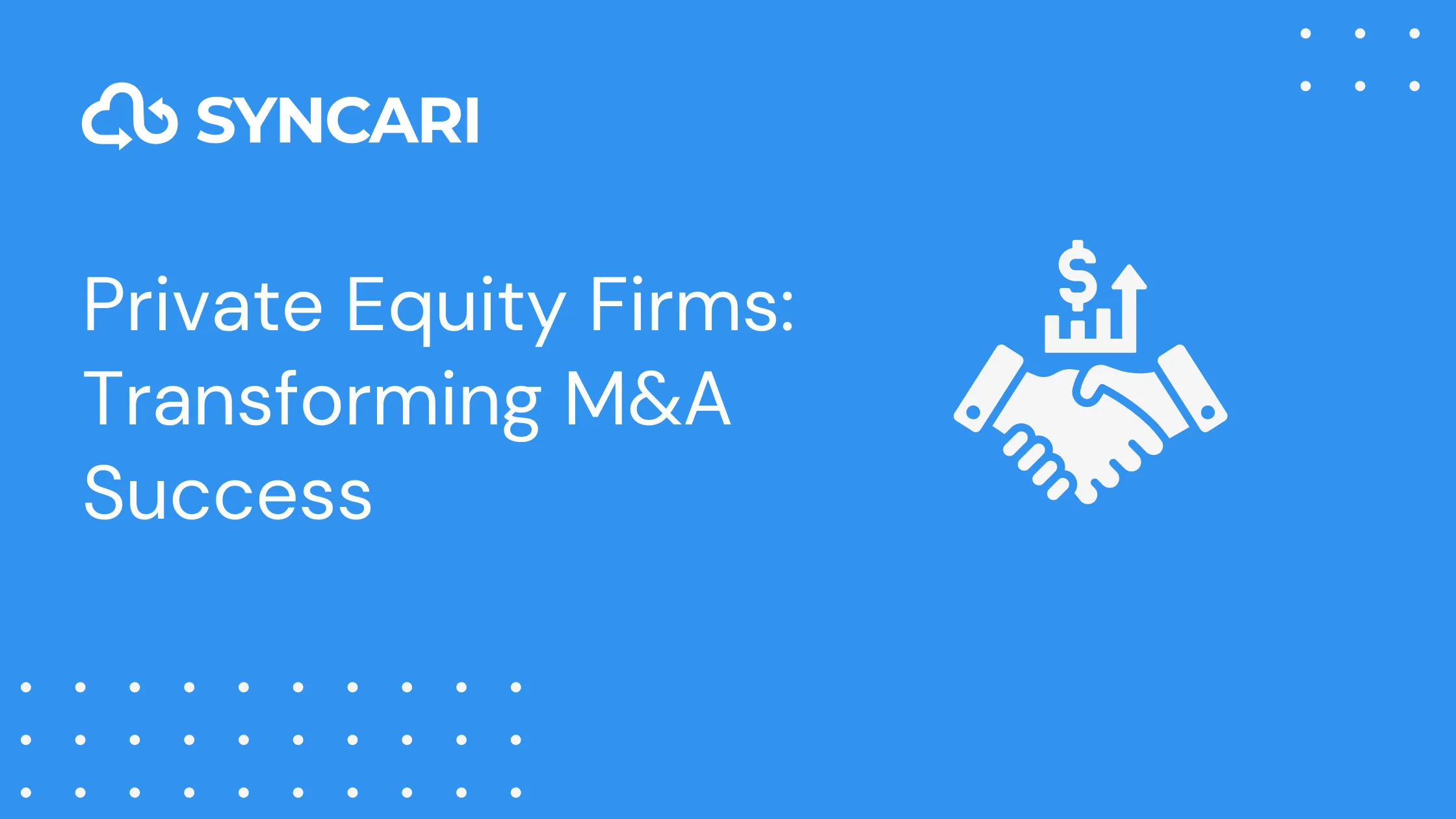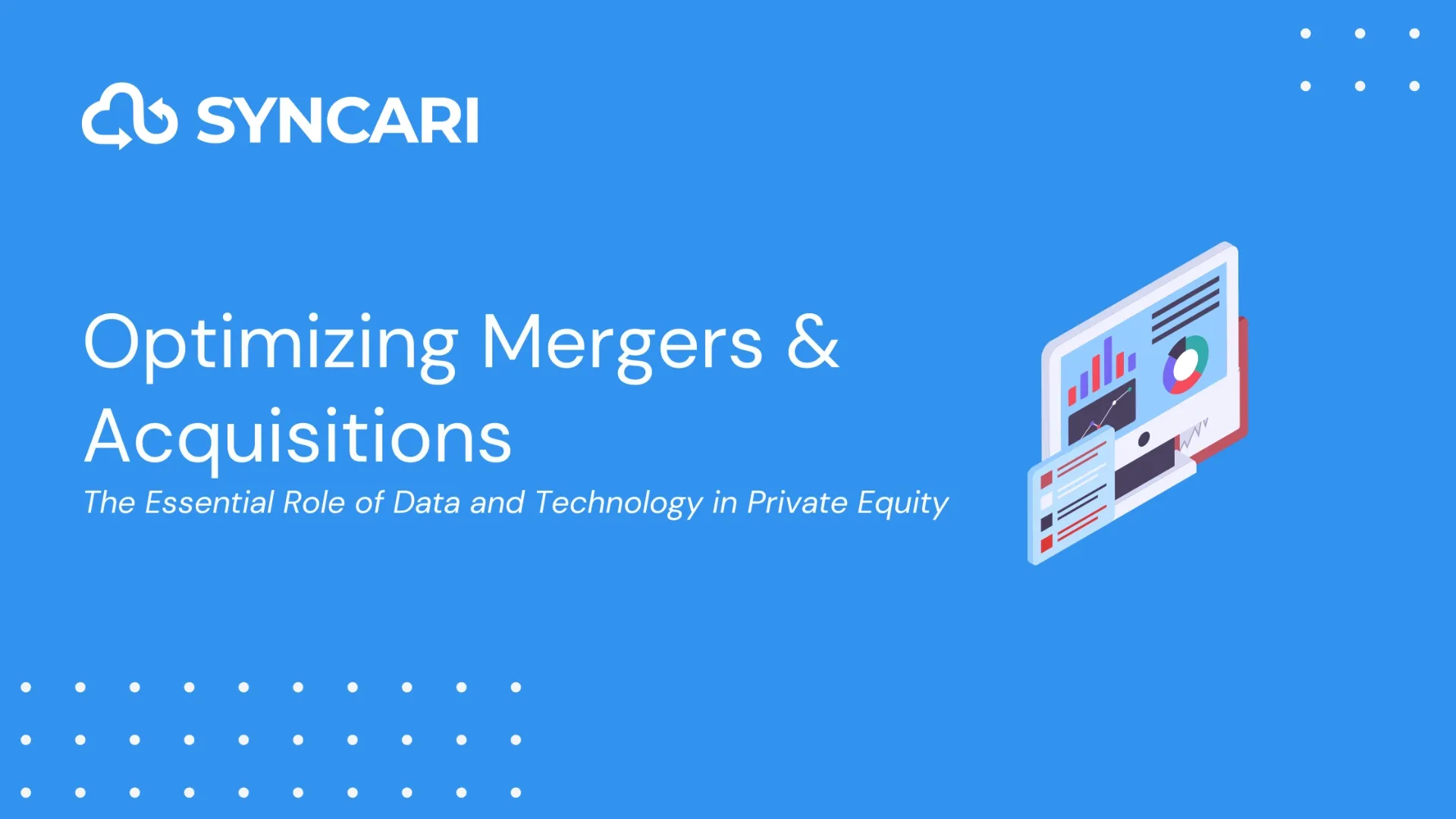Our newest data superhero truly embodies the moniker. For the past 15 years, Susan Whittemore has led GTM (go-to-market) teams to optimize revenue delivery while keeping true to each company’s mission and brand promise. Whether it was boutique tax firms, consulting giants, tech startups, or billion-dollar corporations, she expanded her expertise with each role and is now the go-to advisor to C-level executives and B2B boards all over the US.
In our conversation, Susan generously shared the 4 questions she asks to explore solutions to any cross-functional problem, the importance of vulnerability in your Ops community, and her predictions for the future of B2B Ops.
Nick Bonfiglio: You’ve worked in operations, enablement, GTM strategy for the last 15 years. What have you learned?
Susan Whittemore: Since the beginning of my career I had two simple desires: do good work with impact and continue to learn. Through acquisitions and mergers at various companies, I realized the best way to do good work was to lean into the burgeoning cross-functional approach. I took that lesson with me to Rocket Software, which grew 20+ different brands over 20 years through acquisition. They needed to integrate these brands into one and it seemed like a big challenge. I like big challenges (laughs).
In that time, I discovered important lessons about operations. Much of our work is design and systems thinking. But a surprising amount is change management: understanding how we change, how we think, and integrating that knowledge into the products and processes we build and deploy. I truly believe you build businesses faster with people than you do with products. I’ve taken that philosophy to every organization I’ve worked with and it hasn’t failed me yet.
What are your predictions for the future B2B and Ops?
I predict we will see more teams prioritize compounding gains in the tech stack. The investments companies are making in their stacks are unbelievably expensive. Only a few of them will step back to understand the ROI on those investments. Not out of desire, but mostly due to time, focus, and siloed use of a tool.
For example, in a previous role we used 6sense and People.ai. They satisfied two things: the first revealed account intent and buying desire to help form and validate our ICP (ideal customer persona). People.ai helped our reps optimize their time and reduce data administration.
Individually they are powerful tools, but when we marry them together something magical happens. Our sellers can begin to optimize their time and activity from the insights from People.ai and correlate this activity with the intent data from 6sense to see if they are gaining traction. Suddenly, we bring some clarity and visibility to their prospecting activity. Is our activity engaging the account? Are we seeing traction in the prospect’s buying journey? Where can the seller stop prospecting and pivot their efforts to engaged accounts?
It seems simple, but I predict the successful RevOps teams will be the ones taking advantage of the compounding gains in their tech stack. They will keep their vendors accountable to educate them on the backend of their tools and how to maximize their potential. They will take the time to ensure they’re getting the best value out of their stack.
Operations folks move so fast that we often forget to go deep. The reactive nature of Ops needs to go up in flames before companies realize a big lesson — you need to slow down to speed up.
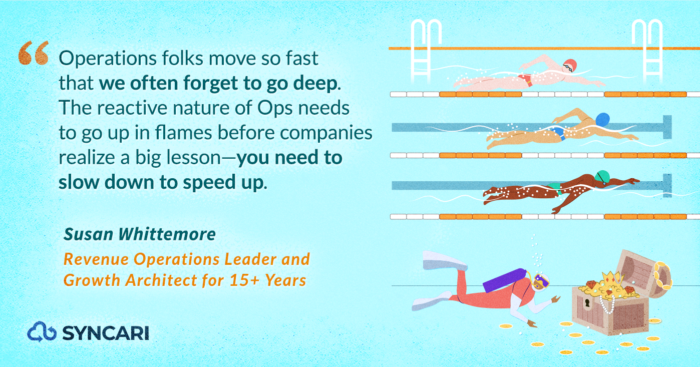
Assuming an operations professional gets a ‘seat at the table,’ what are the first questions they should ask?
I have 4 questions I always ask to unpack a problem from multiple perspectives and to broaden our potential solutions. Instead of asking a series of multiple-choice or yes/no questions, you start with open-ended ones:
- What’s working and having an impact?
- What’s not working that if it were would have an impact?
- What’s missing which, if provided, would have an impact?
- What’s working and having no impact? Something could be working, but the ROI isn’t as impactful as we expect.
They may sound like light questions, but if you seek answers from multiple perspectives, you’ll gain invaluable insights. Oftentimes, we learn that the stated problem isn’t the problem at all — the issue is upstream or downstream.
If you don’t ask, you may get stuck climbing up the wrong mountain. You can’t jump from mountain top to mountain top. You have to unpack, go down, and then start the journey over. Ask the right questions early on and save yourself the trouble of a tiresome journey.
What are you reading and learning about these days?
I am a ferocious reader. I just finished Playing Big: Find Your Voice, Your Mission, Your Message by Tara Mohr. I highly recommend it. I’m also finishing up Antifragile: Things That Gain from Disorder by Nassim Nicholas Taleb. He asks questions like: How do we build something stronger than resiliency? How do we not only survive challenges but become stronger because of them?
I’m also learning all the time. I passed the CRO School and I’ll be joining the RevOps School and Enterprise GTM School next. I’d recommend any of the courses hosted by Pavilion for professionals who are looking for a practical, insightful RevOps education.
What’s the importance of building community?
Community helps us feel less alone in our struggles. As a woman in this field, perhaps growing your career while raising a family, it can be tremendously isolating. You start to think “I push myself harder and harder. I’m not good enough. If I could just get through this one project, I could breathe.” But community offers us the opportunity to share our vulnerable moments and that is immensely validating.
I’m a part of the Chief and Pavilion communities for two very different purposes. Chief is an amazing network of 6,000+ executive women. We come from diverse backgrounds, industries, and functions to connect on a personal and professional level. We support each other through webinars, executive sessions, and private meet-ups. Within smaller groups, we meet monthly to grow our leadership styles, philosophies, and share our stories.
I found my tribe in both of these communities, they have walked through the fire with me, guided me through career changes, cultivated moments of personal growth, expanded my operational and professional lens of what’s possible, and created valuable friendships. I cannot overstate the value of joining a community and contributing to it meaningfully. There’s nothing like it!
